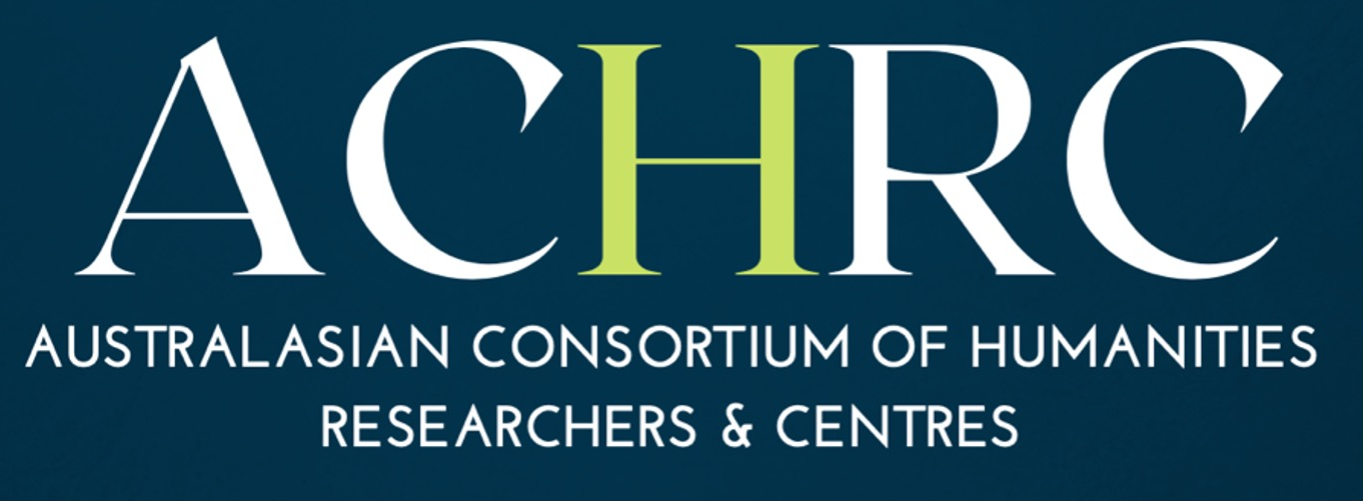Rhian Morgan (James Cook University), Lisa Moody (James Cook University)
Abstract
On 12 April 2020, Federal Education Minister Dan Tehan announced the government’s
“higher education relief package”. The package included funding for a range of short courses aimed at helping unemployed and underemployed Australians retrain in the wake of the Covid-19 lockdown. The courses were to be targeted at identified areas of national priority, including Health, Education, IT, and Science and characterised by flexibility, expedience, online learning, and subsidisation. As a response to the economic downturn caused by Covid-19, these subsidised short courses point to the role of higher education as a key component in community-building initiatives for a post-pandemic Australia. Although, without careful course design, the imperative to upskill and reskill in order to mediate workplace precarity, risks foregrounding neoliberal productivity agendas (Ferguson, 2016), at the expense of student wellbeing during a period of significant social and economic upheaval.
The subject development processes discussed in this podcast describe how two university lecturers sought to respond to these challenges, while developing two core subjects within a new sub-degree certificate level course launched at a regional university. The certificate course is a direct response to the higher education relief package and is targeted at a range of STEAM disciplines. Through a process of dialogic reflection, the presenters discuss how they seek to promote interdisciplinary alignment between academic and digital literacies using a specially designed pedagogical framework that explicitly supports resilience, the promotion of academic self-efficacy, and processes of cumulative learning (Maton, 2009), while also preparing non-traditional students for tertiary study in an interdisciplinary context. Further, the presenters discuss the unique learnings such a process has provided and explore potential for further development and application of the integrated curriculum alignment framework (ICAF) in order to enhance student engagement, academic resilience, and knowledge transfer (Van Doorn & Van Doorn, 2014) from individual subjects to wider course level studies.
References:
Ferguson, P. (2016). The politics of productivity growth in Australia. Australian Journal of
Political Science, 51(1), 17-33, doi: 10.1080/10361146.2015.1111861
Van Doorn, J.R. and Van Doorn, J.D. (2014). The quest for knowledge transfer efficacy:
Blended teaching, online and in-class, with consideration of learning typologies for
non-traditional and traditional students. Frontiers in Psychology 5(324). doi:
10.3389/fpsyg.2014.00324
Presenter Biographies
Dr Rhian Morgan is a lecturer and teaching specialist within the Domestic Pathways program at James Cook University (JCU). As coordinator of a multi-disciplinary digital literacies course, Rhian’s work is primarily orientated around equity in higher education and technology enabled learning. As a trained anthropologist and user-experience researcher her areas of expertise include digital literacies and pedagogical practice, widening participation, and learning design. Her most recent work has focused on digital literacies in enabling spaces, curriculum design, and the evaluation of school-based STEM programs for girls in regional Northern Australia.
Lisa Moody worked as a specialist English teacher in high schools between 2005 and 2015 and in tertiary settings since 2011. During this time, Lisa specialised in the fields of literacy and critical literacy. As a subject coordinator within James Cook University’s Domestic Pathways Program, she specialises in teaching students in enabling spaces about writing, reading, and researching for the purposes of tertiary study. Lisa recently completed a postgraduate qualification in research methods, including a dissertation focussing on transition and pedagogy within enabling and sub-bachelor spaces.
